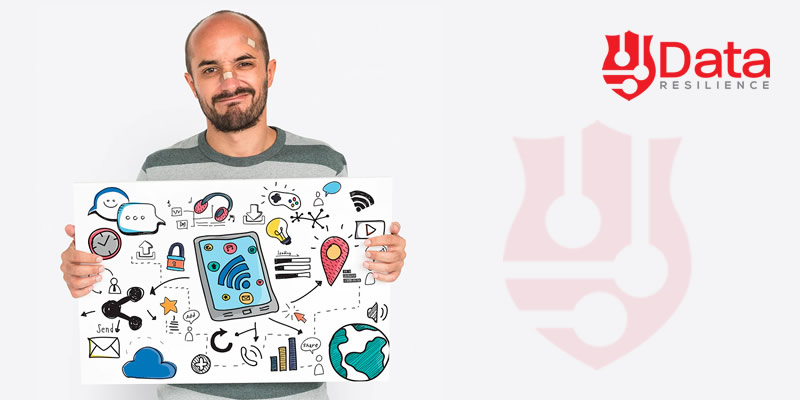Digital rights are essentially human rights in the web world. The rights to online security and opportunity of articulation, for instance, are truly augmentations of the equivalent and natural rights laid out in the United Nations Universal Declaration of Human Rights. As indicated by the UN, alienating individuals from the web damages these rights and conflicts with worldwide law. English Prime Minister David Cameron as of late promised to give all UK homes and organizations access to quick broadband by 2020, adding that entrance to the web “shouldn’t be an extravagance, it ought to be a right”.
As we progressively fashion our lives on the web – shopping, mingling and sharing data – our advanced rights, especially the rights to protection and opportunity of articulation, are becoming increasingly exposed.. We have to see how our information is being utilized by organizations, governments and web goliaths, for example, Facebook and Google. Is it being taken care of reasonably and carefully, or sold or shared without our assent?
Disclosures about reconnaissance programs and advanced hacking have triggered political and discretionary feuds. The National Security Agency (NSA) informant Edward Snowden has called for new universal laws to ensure information security, contending that now we think about mass information observation the time has come to “declare our conventional and computerized rights with the goal that we can ensure them”.
How would we know whether our advanced rights are being heeded to?
In the event that you’ve at any point clicked “concur” without perusing the terms of administration of web organizations, you are not the only one doing so. Huge numbers of us try not to take a gander at the reams of little print when we first utilize an online service. In any case, a non-benefit research inquiry about activity called Ranking Digital Rights has done the rigorous work for us and found that web and broadcast communications organizations, to fluctuating degrees, are neglecting to regard their clients’ privileges to advanced security and freedom of articulation.
Ranking Digital Rights, which is based at the New America’s Open Technology Institute think tank, evaluated the client understanding of 16 of the world’s greatest web and broadcast communications organizations for its 2015 Corporate Accountability Index. The list permits clients, investors, activists and policy creators to look at how – and whether – organizations are endeavoring to regard our digital rights.
Rebecca MacKinnon, chief of Ranking Digital Rights, stated: “Our expectation is that the list will prompt more noteworthy corporate straightforwardness, which can engage clients to settle on more progressively educated choices about how they use innovation.”
Wrapping Up:
Governments, organizations and hackers can undoubtedly gather our own information and track our developments and interactions. In any case, the majority of us wouldn’t realize who precisely gains entry to this information trail we make. In 2014, Facebook, Microsoft, Yahoo and Google started distributing insights regarding how often the administration approached them for information.
Brands, then again, need to take a gander at the profiles that we make and offer, for example, our online networking profiles and location data from cell phones, since it causes them to assemble an image of how we invest our time and cash.
For more information, visit www.dataresilience.com.au or drop us a note at [email protected]


